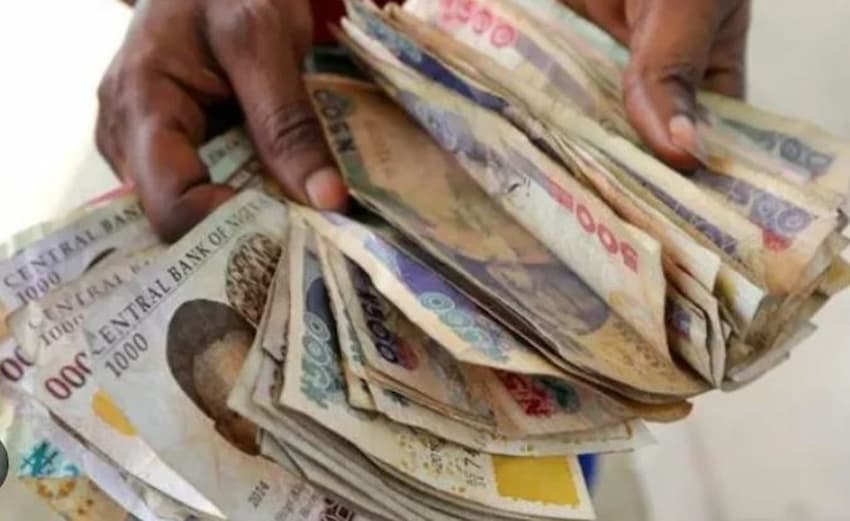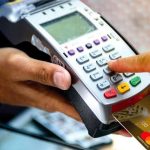
In the face of a daunting forex crisis, Nigeria’s economic landscape has been a subject of intense scrutiny. The Nigerian National Petroleum Corporation Limited’s (NNPCL) recent procurement of a $3 billion loan to stabilize the Naira has sparked a nationwide conversation about the sustainability of such financial interventions. This article delves into the multifaceted efforts to stabilize the Naira and evaluates whether these are mere temporary fixes or stepping stones to long-term economic stability.
The Immediate Response: NNPCL’s $3 Billion Lifeline
As reported by Daily Trust, the Naira’s precipitous fall to an all-time low prompted the NNPCL to secure emergency funding. This move is part of a broader strategy to support the Federal Government’s fiscal and monetary policy reforms. The Central Bank of Nigeria (CBN) has been at the forefront, announcing plans to reverse the Naira’s slide, which has been attributed more to speculative behaviors than actual market demands.
The Underlying Issue: Nigeria’s Import Dependency
The Nigeria Lawyer brings to light the stark warning from former Finance Minister Olusegun Aganga. He argues that the Naira’s free fall is inextricably linked to Nigeria’s import-dependent economy. Aganga posits that defending the Naira without investing in manufacturing and exports is an exercise in futility. The plummeting currency, which has seen a drastic drop from 450 to over 1045 against the dollar in parallel markets, is a symptom of deeper economic issues.
The $10 Billion Question: A Sustainable Future or a Momentary Respite?
The $10 billion inflow poised to bolster Nigeria’s forex market, offering a temporary respite from the dollar drought and clearing the FX backlog. This development is welcomed by market players, yet financial analysts advise caution, emphasizing that this is a short-term fix. The real challenge lies beyond the initial relief; sustaining the Naira’s value requires addressing the structural economic issues that persist. The long-term outlook remains uncertain, with questions about what will happen when the influx runs dry. Analysts suggest that without diversifying the economy and improving non-oil exports, the Naira’s stability may be fleeting, and Nigeria could find itself back at square one. This momentary boon should be a springboard for lasting reforms, not just a temporary patch on a recurring issue.
ALSO READ: Cryptocurrency Market Update: Bitcoin and Altcoins Display Vigorous Dynamics
The Path Forward: Economic Diversification and Policy Reforms
The unanimous verdict from economic experts is that diversification is indispensable for Nigeria’s financial health. The nation’s over-dependence on oil has left its economy at the mercy of unpredictable global market shifts, leading to a volatile Naira. To secure a stable currency, Nigeria must expand its export mix, enhance local manufacturing, and shift focus to non-oil sectors. A diversified economy is not just beneficial for currency stability but also essential for sustainable growth. It’s a strategic move that could insulate the country from external shocks and provide a steadier economic course.
The Role of Confidence: Restoring Investor Faith
For Nigeria, the restoration of investor confidence is a pivotal challenge that goes beyond immediate financial maneuvers. Clearing the foreign exchange (FX) backlog is a commendable step, signaling to the global investment community that Nigeria is taking concrete actions to meet its commitments. However, this is just the beginning of rebuilding trust.
Investor confidence hinges on the perception of a country’s economic stability and the predictability of its policies. For Nigeria, ensuring a stable Naira is intertwined with demonstrating a consistent and transparent economic policy. It’s not merely about the currency’s value but about the assurance of a stable macroeconomic environment that can sustain foreign direct investments over the long haul.
To achieve this, Nigeria must embark on a journey of comprehensive economic reforms. These reforms should aim to diversify the economic base away from oil dependency, streamline regulatory frameworks to reduce red tape, and foster a conducive business environment that encourages innovation and entrepreneurship.
Moreover, political stability and the rule of law are equally critical in maintaining investor confidence. Investors are looking for signs that Nigeria is a safe and profitable landscape for their capital. By addressing these fundamental aspects, Nigeria can solidify its position as an attractive destination for investment, ensuring the Naira’s stability is not a transient phenomenon but a permanent fixture of a robust economy.
The Verdict: A Balancing Act Between Immediate Needs and Future Growth
Nigeria’s economic strategy is at a critical juncture. The $3 billion loan from NNPCL and the anticipated $10 billion inflow promise immediate respite for the Naira, yet they are not panaceas. The crux of the matter lies in Nigeria’s resolve to implement and stick to sweeping economic reforms. The nation’s future hinges on choosing structural transformation over quick fixes. As the international community observes, the enduring stability of the Naira will be the true measure of Nigeria’s commitment to sustained growth and economic resilience
Found this interesting? Share!

























 and then
and then